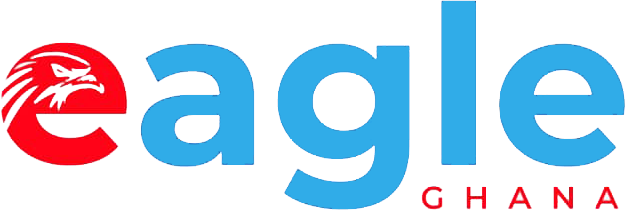New Debt Exchange Programme Crucial for Ghana’s Debt Sustainability – Prof Bokpin
Economist Professor at the University of Ghana Business School, Godfred Bokpin has observed that the new Domestic Debt Exchange Programme (DDEP) introduced by government targeting cocoa bills and US dollar denominated bonds is crucial for the country’s debt sustainability efforts.
According to him, the initial DDEP fell short of expectations, hence government’s decision to revisit the restructuring of various components of the domestic debt.
As part of the second round of the DDEP, the Ghana Cocoa Board (COCOBOD) has extended an invitation to investors who hold cocoa bills, the short-term debt securities, to exchange them for longer-term debt securities.
Additionally, the government has announced a new phase of the DDEP that specifically targets US dollar denominated bonds. This program is intended to facilitate the restructuring of approximately $800 million worth of these bonds, with the aim of better managing Ghana’s debt obligations.
Speaking in an interview with Accra based Citi fm, Professor Bokpin emphasized the importance of restructuring some remaining components of the domestic debt.
He pointed out that despite the first round of the domestic debt exchange, there is still a substantial portion of the debt yet to be addressed.
“This includes the pensions funds amounting to nearly GHS 30 billion, cocoa bills worth GHS 8.1 billion, US local bonds totaling about $800 million, and a significant overdraft extension from the Bank of Ghana to the government valued at GHS 77.6 billion. Additionally, local currency loans of approximately GHS 700 million also require attention.”
Addressing these outstanding debt components, he believes is crucial to placing Ghana on a sustainable debt trajectory and achieving debt sustainability.



No Comment! Be the first one.